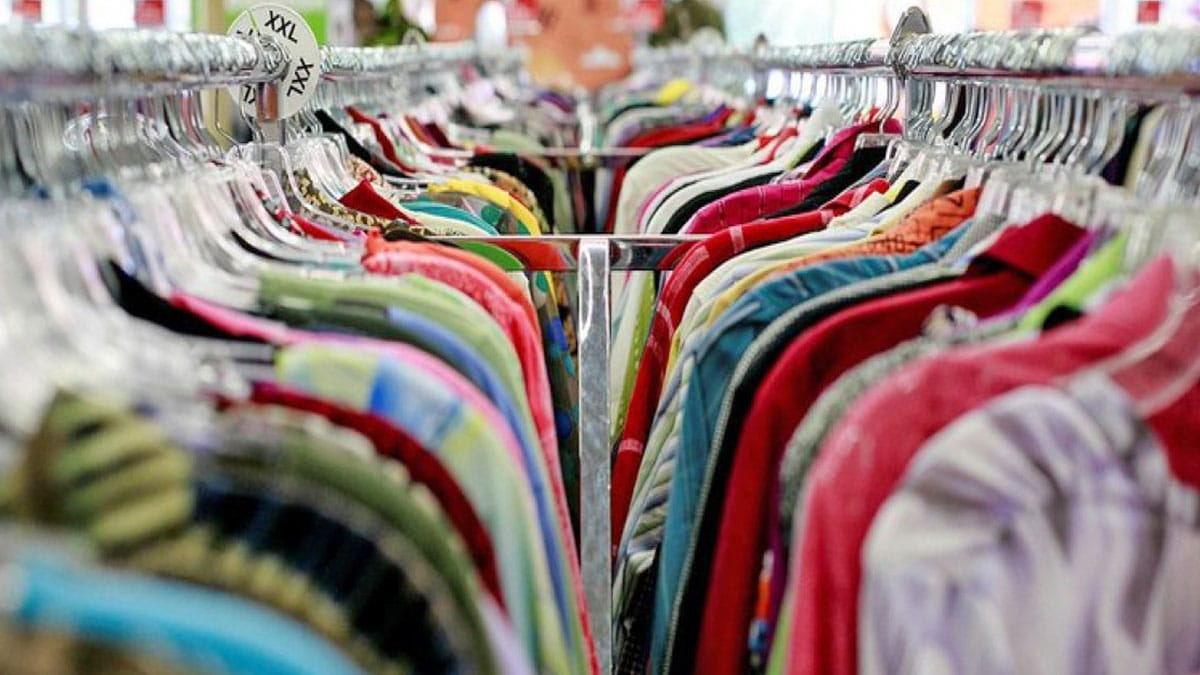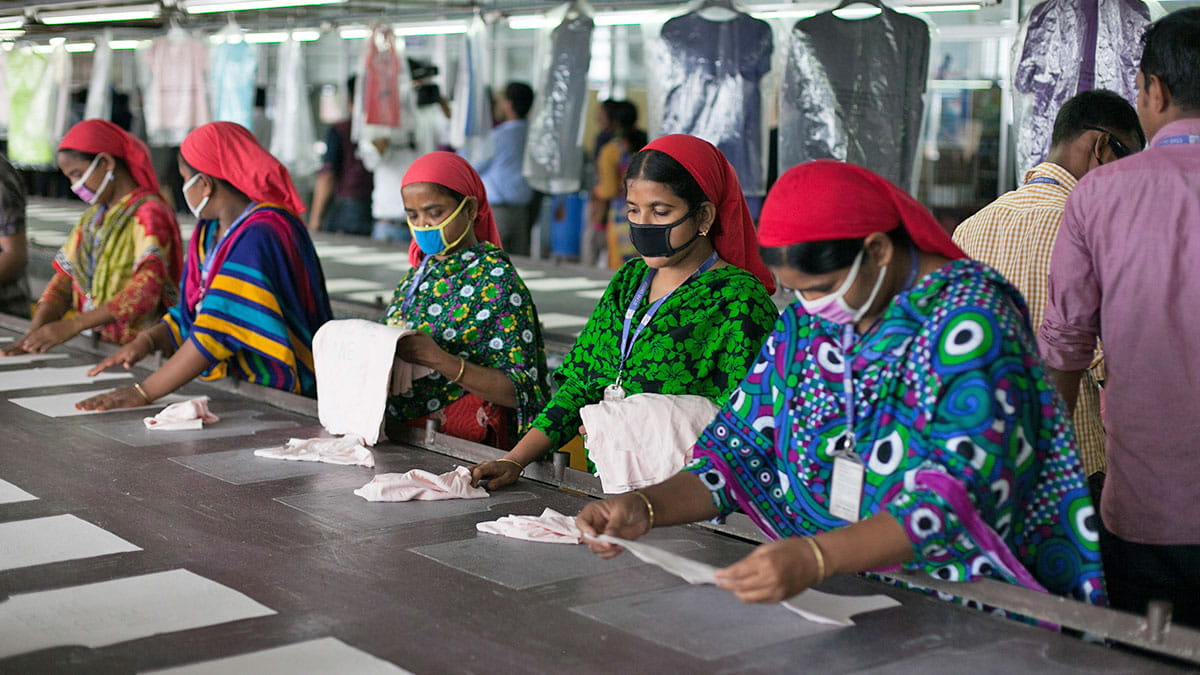Coronavirus creates chaos on the clothing supply chains. The effects of coronavirus outbreak (Covid-19) on economies and markets started to emerge with figures and data. While import and export figures decreased due to the outbreak, export restrictions were imposed on many products. Data Company GlobalData said in a statement that the clothing supply chains are unravelling fast as the fallout from the novel coronavirus (COVID-19) outbreak hits retailers and manufacturers across the world. From initial concerns over the disruption to deliveries of clothing from China, where the outbreak began, the pandemic is now causing chaos throughout the entire supply chain.
Quarantined workers, travel restrictions and disruptions to the supply of raw materials such as yarns, fabrics, trims, packaging and labels – much of which come from China – are hurting manufacturers around the globe.
At the same time, retailers in North America and Europe are axing, slashing or postponing orders, as well as deferring payments, as country lockdowns reduce shopper footfall and stores are closed to try to slow the spread of the virus. Primark and Marks & Spencer, two of the UK’s largest clothing retailers, are struggling with unsold inventory and have in the last few days shaken the sector with massive order cuts and cancellations.
Coronavirus creates chaos on the clothing supply chains, low-income employees are affected the most
GlobalData Apparel Analyst Leonie Barrie explains that the workers in developing countries are most affected by the coronavirus outbreak; “The knock-on is being seen in factory closures and job losses for workers; who are already amongst the most vulnerable due to low wages and poor labour laws and protections; with countries such as Vietnam, Cambodia, Bangladesh and Myanmar particularly hard-hit”.
Arguing that this is an unprecedented situation, Barrie states that this situation may worsen before recovery begins. Barrie; “Liquidity and cash flow are major problems in the clothing supply chain right now. Yet, there is the prospect of even more severe disruption and millions more job losses; if factories don’t have the funds to survive until the end of the crisis”.
Noting that we are currently in an unknown area; Barrie draws attention to the lack of established set of best practices for brands to follow. Barrie said; “So, while navigating their own challenges, they must continue to uphold responsible purchasing practices across their supply chains”.

H&M ve Inditex tedarik ağlarını yeniden odakladı
Some companies, such as H&M Group and Zara-owner Inditex, are rising to the challenge by refocusing their supply networks and sourcing expertise on the production of much-needed medical face masks and other personal protective equipment (PPE) for hospitals and health care workers.
Leonie Barrie stated that several clothing brands and retailers are focusing on the struggle for survival in these difficult times. Barrie continued his words as follows; “This companies must also heed the financial strain on the factories and workers who produce their clothes. Collaboration, cooperation and strategic partnerships have been rallying calls across the industry in recent years; and they’re needed now more than ever before”.

